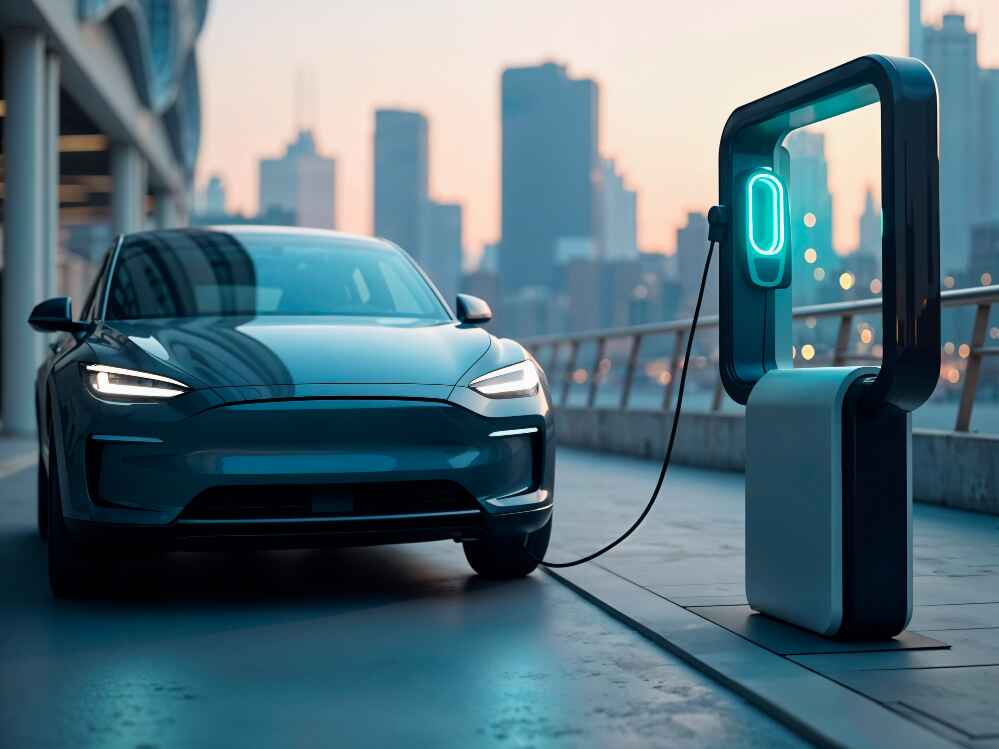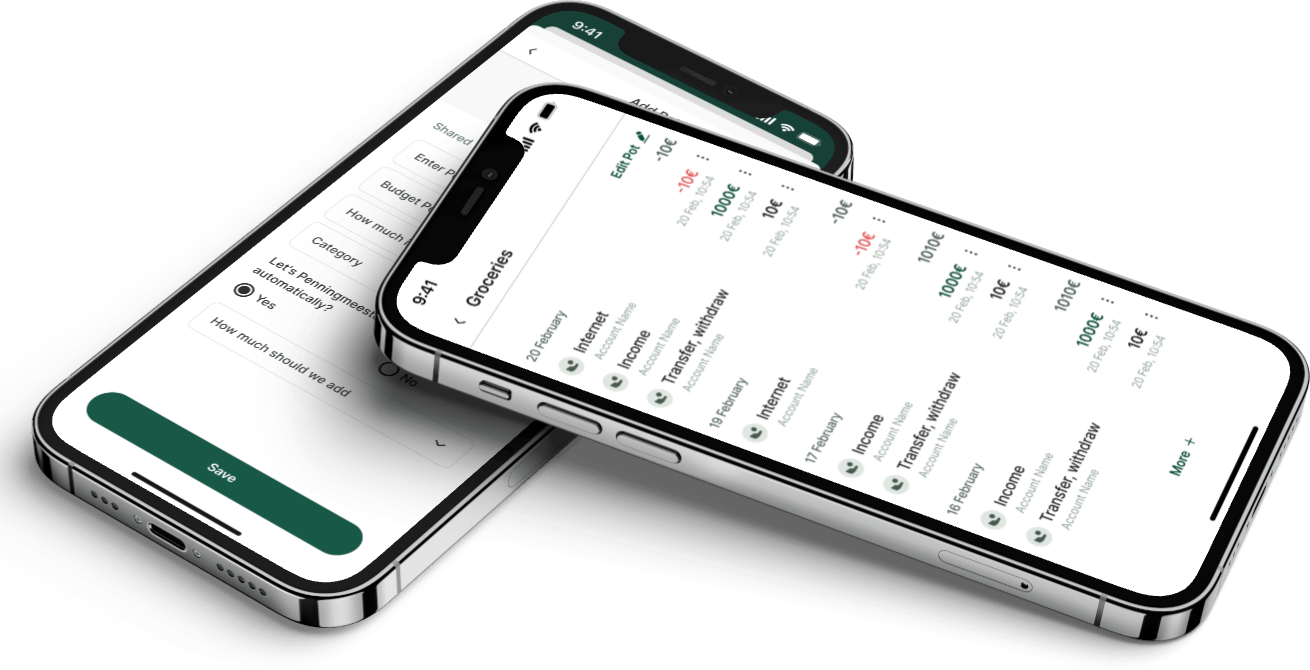Should I Buy Electric or Petrol Car?
Let’s be honest, choosing between an electric car and a traditional fuel car feels a bit like choosing between an iPhone and Android. Everyone’s got an opinion, the internet is full of conflicting advice, and somehow you’re supposed to make a decision that’ll stick with you for years.
The thing is, both options have their perks and their quirks. And despite what your environmentally, conscious neighbor or your car, enthusiast uncle might tell you, neither choice is objectively “wrong.” So let’s cut through the noise and look at what really matters when you’re about to drop tens of thousands of euros on four wheels.
The Money Talk: What You'll Actually Pay
Here’s where things get interesting. Electric cars typically cost more upfront, that’s no secret. A decent EV will set you back a few thousand euros more than a comparable fuel car. But here’s the plot twist: your daily running costs plummet.
Think about it this way. Charging your car at home costs roughly the same as running a washing machine. Meanwhile, every trip to the fuel station feels like a small personal bankruptcy . Plus, EVs need way less maintenance, no oil changes, fewer moving parts to break, and regenerative braking that actually makes your brake pads last longer.
The Driving Experience: Instant Gratification vs Familiar Comfort
Electric cars are basically the Tesla coil of the automotive world, instant, smooth power that’ll pin you to your seat. No engine noise, no gear changes, just whoosh and you’re doing highway speeds. It’s pretty addictive, actually.
Fuel cars give you that familiar rumble and the satisfaction of shifting gears (if you’re into that). Plus, when you need to drive 800 kilometers to visit family, you just pull into any fuel station, fill up in 3 minutes, and you’re back on the road. No planning required, no “charging anxiety.”
The range thing is real, though it’s getting less of an issue every year. Modern EVs can easily handle 400+ kilometers, which covers most people’s daily needs. But if you’re the type who takes spontaneous road trips or drives long distances regularly, fuel cars still have the upper hand.
Environmental Impact: It's Complicated
Yes, electric cars are cleaner, but it’s not as black and white as the marketing suggests. EVs produce zero emissions while driving, which is fantastic for air quality in cities. But the electricity they use? Well, that depends on your country’s energy mix.
In the Netherlands, with its growing renewable energy sector, charging an EV is genuinely better for the planet. In countries still heavily reliant on coal, the benefits are smaller (but still there). Fuel cars, meanwhile, are what they are, they burn fossil fuels and produce emissions. Modern engines are incredibly efficient, but physics is physics.
The Depreciation Myth: Prepare to Be Surprised
Here’s where I’m about to blow your mind. You know that persistent rumor that electric cars lose their value faster than fuel cars? Yeah, that’s basically nonsense.
Let us give you some real numbers from the Netherlands market. A BMW 120i costs about €43,000 new and holds its value at around €27,000 after four years. A Tesla Model Y? €45,000 new, €26,000 after four years. That’s practically identical depreciation; both lose roughly 37 to 40% of their value over the same period.
The whole “EVs depreciate faster” thing probably came from the early days when electric car technology was changing rapidly. But now? The market has matured, and both types of cars follow remarkably similar value retention patterns. So if you’re worried about your investment, don’t be, at least not more than you’d worry about any other car purchase.
Compare Your Real Costs: EV vs Fuel Calculator
Curious about what the actual numbers look like for your situation? Use our car cost calculator below to compare the total cost of ownership between electric and fuel vehicles. Just plug in your driving habits, local fuel prices, and electricity rates to see which option makes more financial sense for you.
🚗⚡ Car Cost Comparison Tool
Compare total costs of electric and fuel cars in the Netherlands
Electric Vehicle
Fuel Vehicle
General Parameters
Cost Comparison Results
Total Cost
Total Cost
Detailed Cost Analysis
⚡ Electric Vehicle
⛽ Fuel Vehicle
📊 Cost per Kilometer
📋 Additional Considerations
- EVs have lower road tax (MRB) - often €50-100/year vs €400+ for fuel cars
- Many Dutch cities offer free parking for EVs
- Business users can benefit from lower benefit-in-kind (bijtelling) rates
- EV resale values are becoming more stable as the market matures
- Insurance costs may vary - some insurers offer EV discounts
Infrastructure: The Practical Stuff
Charging infrastructure in Europe is exploding. Seriously, new charging stations pop up faster than coffee shops these days. The Netherlands, in particular, has one of the best charging networks in the world. Home charging is convenient if you’ve got a driveway or garage, though apartment living can make things trickier.
Fuel stations, well, they’re everywhere. That 100+ year head start isn’t going away anytime soon. You can literally drive anywhere in Europe and find fuel within a few kilometers. It’s reliable, it’s fast, and it requires zero planning.
The Future is Electric (But Not Tomorrow)
Let’s call it like it is, governments across Europe are phasing out fuel cars. The Netherlands wants to ban new fuel car sales by 2030. Norway is already there. It’s not a matter of if, but when.
That said, fuel cars aren’t disappearing overnight. There will be plenty of used fuel cars around for decades, and fuel stations aren’t going anywhere soon. If you buy a quality fuel car today, you’ll be able to drive it for its entire useful life without major inconvenience.
The Bottom Line
Choosing between electric and fuel comes down to your specific situation. Do you drive long distances regularly? Live in an apartment without charging options? Maybe fuel makes more sense right now. Are you mostly doing city driving with a predictable routine? An EV might be perfect.
The good news? Both options are pretty solid these days. EVs aren’t science experiments anymore, and modern fuel cars are more efficient and cleaner than ever. Whatever you choose, you’re getting a reliable car that’ll serve you well.
Just remember, the “perfect” car doesn’t exist. There’s only the car that’s perfect for you, your budget, and your lifestyle. And honestly? That’s probably more liberating than any sales pitch about saving the planet or embracing the future.
Now stop overthinking it and go test drive something. That’s the only way you’ll really know.
Curious about whether leasing, buying, or renting a car in the Netherlands makes more sense for you? Check out our blog + tool, “Lease vs Buy vs Rent a Car in the Netherlands,” to uncover the smartest choice for your wallet and lifestyle!





